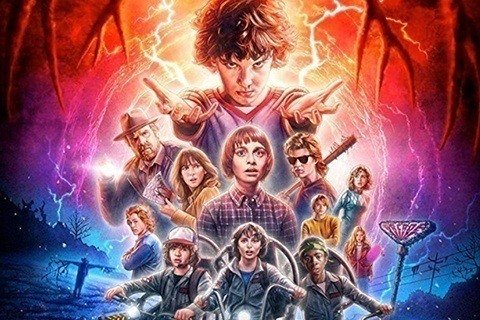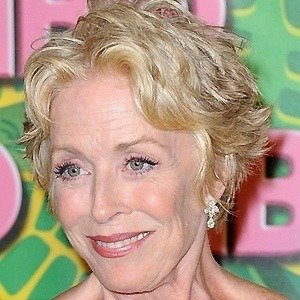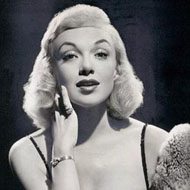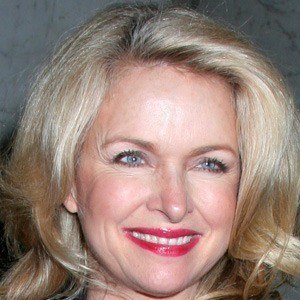
Bosom Buddies is an American television sitcom starring Tom Hanks and Peter Scolari created by Robert L. Boyett, Thomas L. Miller and Chris Thompson. It aired for two seasons on ABC from November 27, 1980, to March 27, 1982, and in reruns in the summer of 1984 on NBC. The show features the misadventures of two single men, working in creative advertising, struggling in their industry while disguising themselves as women in order to live in the one apartment they could afford. Gender stereotypes and male/female interpersonal relationships were frequent themes. The show became known for its quirky humor and its frequent use of improvisation, especially between stars Hanks and Scolari. Though the show started out with good ratings, it failed to hold the public's interest and was canceled after two seasons.
| Created by | Chris Thompson, Thomas L. Miller, Robert L. Boyett |
| Starring | Tom Hanks, Peter Scolari, Donna Dixon, Holland Taylor, Telma Hopkins, Wendie Jo Sperber, Lucille Benson (1980–1981) |
| Theme music composer | Billy Joel |
| Opening theme | "My Life" by Billy Joel (original prints), "Shake Me Loose" by Stephanie Mills (syndicated prints) |
| Ending theme | "Shake Me Loose" (instrumental) |
| Country of origin | United States |
| Original language(s) | English |
| No. of seasons | 2 |
| No. of episodes | 37 |
| Camera setup | Film (pilot episode only), Videotape (remainder of series), Multi-camera |
| Running time | 25 minutes |
| Production company(s) | Miller-Milkis-Boyett Productions, Paramount Television |
| Distributor | CBS Television Distribution |
| Original network | ABC |
关于Bosom Buddies
Sitcom that aired for two seasons on ABC. The show is about two single men who disguise themselves as women to live in a cheap female-only apartment building. The show became known for its use of improvisation.
Bosom Buddies的成就
The series was originally pitched as a male counterpart to the hit sitcom Laverne & Shirley.
您不知道Bosom Buddies的热门事实
Cross-dressing in film and television - Cross-dressing in film has followed a long history of female impersonation on English stage, and made its appearance in the early days of the silent films.. Three's Company (1977).. Tootsie (1982).. Cross-dressing in television.. Television duos.. Fictional duos.














